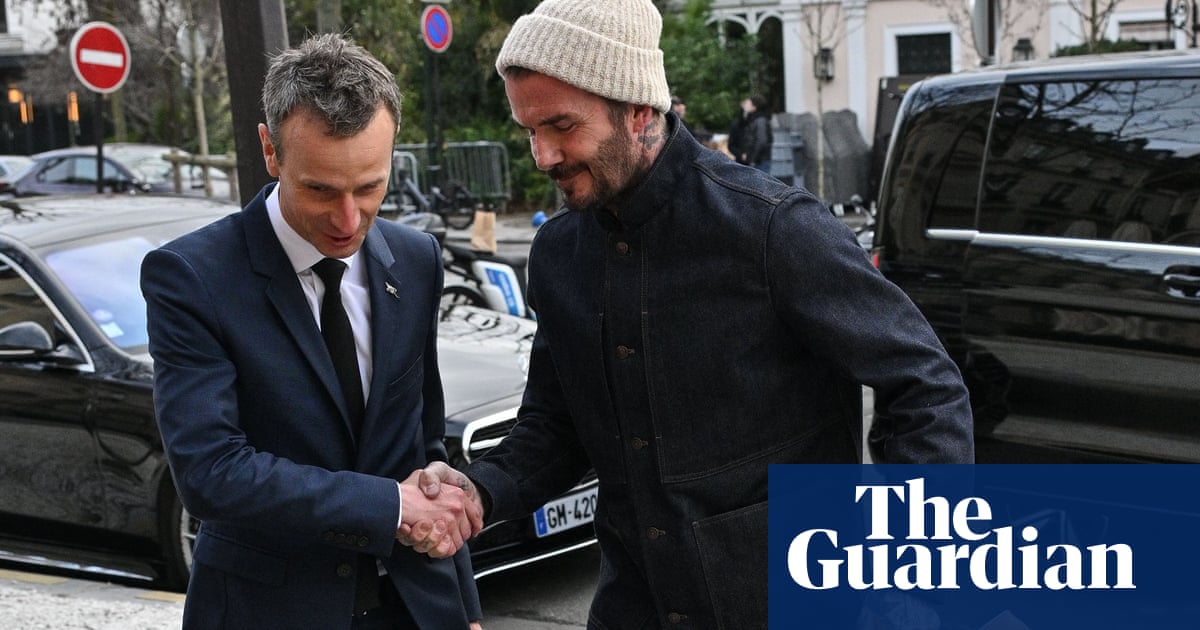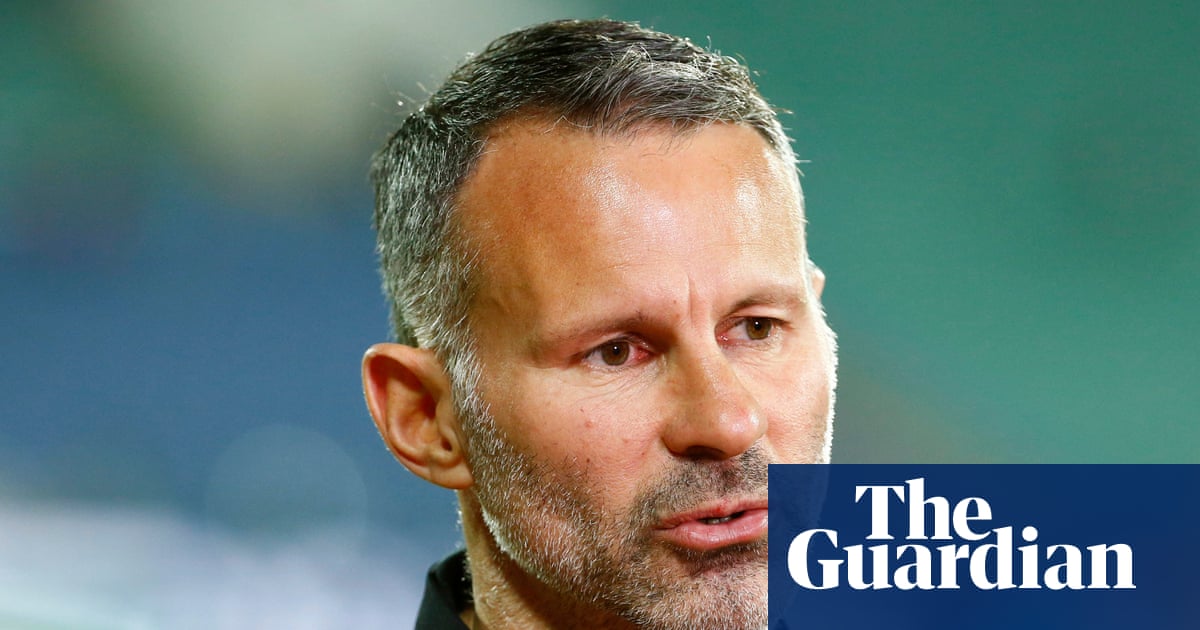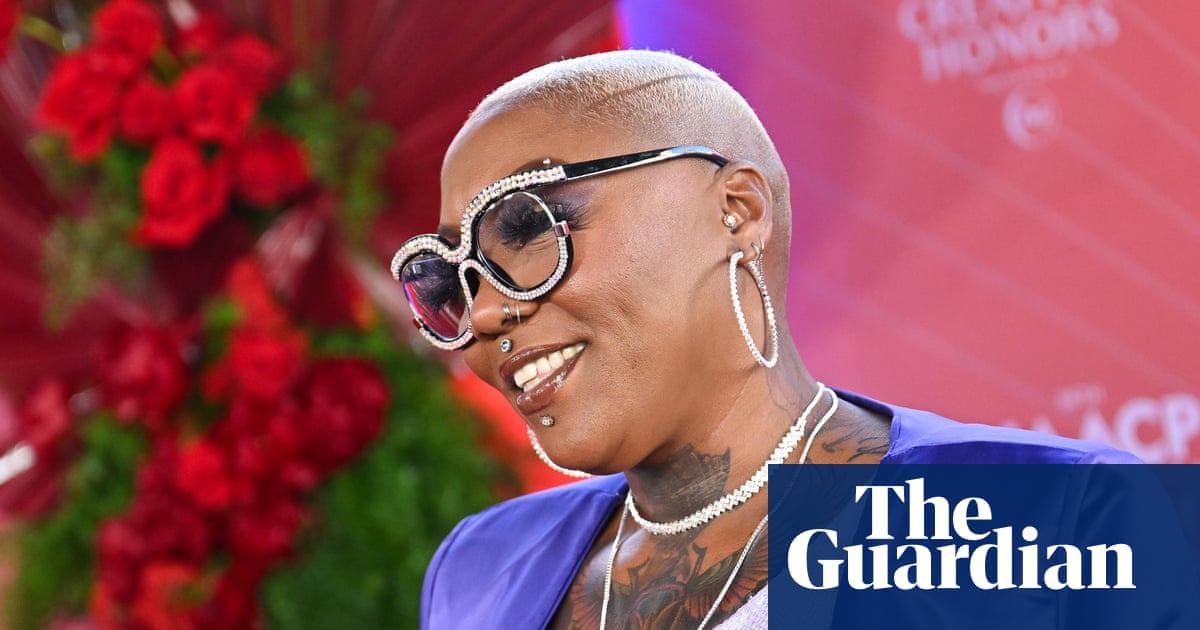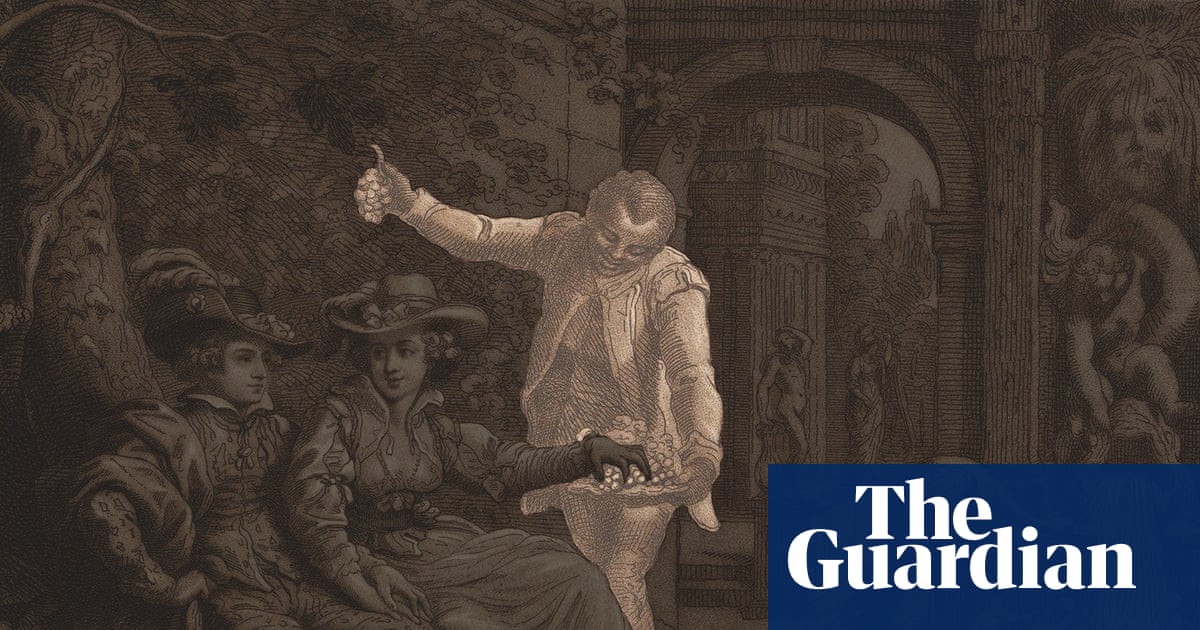“There was a deep loneliness to karting, and then definitely in single-seaters, because no one else was going through the same thing as me,” says Susie Wolff as she remembers her long struggle in motorsport, from racing as a teenager against Lewis Hamilton and Nico Rosberg to her determined, but unfulfilled, quest to become a Formula One driver.
“After the whole #MeToo movement, we forget what it was like before. But the way I heard boys talking about girls in the paddock made me think I never want to be spoken about in that way. I realised I’d have to be whiter than white to get through it unscathed.”
The 42-year-old says: “I couldn’t open up to anyone until I met [her husband] Toto. But I’m definitely happy that the next generation will never have to go through that because there’s a camaraderie in F1 Academy. These young women have other women they can look up to or reach out to and there won’t be that isolation I felt.”
Wolff is the managing director of the F1 Academy, the all-female racing championship she has led since 2023. The aim is to offer young women opportunities to develop in competitive racing with the long-term ambition of producing a female F1 driver.
It seems apt that our interview should take place in the middle of a kart test session for her and Toto’s eight-year-old son, Jack. The memories rise up and she speaks with even more passion about rocketing female interest in motorsport compared with her own solitary journey through prejudice and inequality. “I can’t believe the number of young girls in karting now,” she says. “I was always the only one – or there might have been just one other girl.”
In her revealing new book, Wolff shines a stark light on the difficulties she faced. As the boys tried to dismiss or intimidate her “it became clear that being quick wasn’t enough. I had to toughen up, find an aggression that didn’t come naturally.”
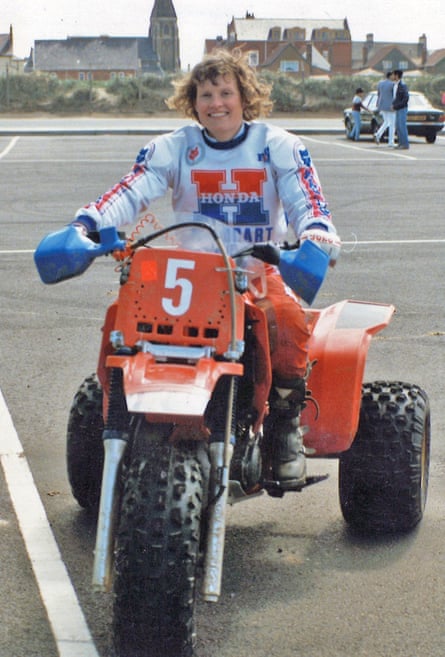
She recounts an early clash in karting when an entitled boy was incensed he could not overtake a little Scottish girl. He slammed into the back of her kart before driving her off the track. They were called in by the clerk of the course and the boy and his hectoring father blamed Susie for the crash. She calmly demolished their argument and the clerk disqualified the boy.
“I toughened up from a young age,” Wolff says, “and that held me in good stead for later in life. It also had negatives because you end up being so hardened. But I can now be very punchy and pragmatic and if I have to fight for something I’ll fight.”
At the junior world karting championships in 2000 she fought her way through a vast field to finish a creditable 15th. But she felt embarrassed when, after the main prizes were awarded, she was called up to the podium and announced as the best female kart driver in the world.
“I wasn’t there to be the top female,” she says. “I was there to try and be the best. There were 130 drivers so I was well inside the top 15%. But I was being singled out as the best female and it was the moment I realised: ‘OK, I’m seen as different.’ When I moved into single-seaters [cars] that intensified year-on-year.”
Motor racing is outrageously expensive and as she climbed through the classes she needed sponsors, most of whom wanted her to live up to a girly stereotype by driving a pink car and looking pretty in photoshoots. “I just wanted to be seen as a racer, but at the time there was also this idea that any girl in racing was a tomboy. I wasn’t that and it was very hard navigating.
“I remember being with Mercedes-Benz in DTM [Germany’s elite racing series], thinking: ‘If I wear a dress, they might not take me seriously because they’ll think I’m trying to look pretty. But I want to wear a dress. If I wear a suit maybe they’ll think I’m butch.’
“It brought in an insecurity that only became easier when I met Toto. He said: ‘Be you. If that means wearing a dress, wear a dress. Being authentic is the easiest way to navigate the pathway.’”
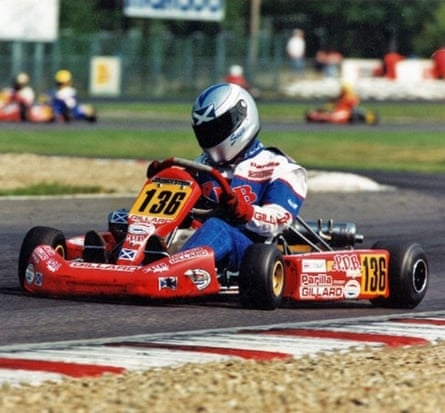
In 2007, she endured a harrowing experience when, in the early hours of the morning after a glitzy function, an immensely powerful man in F1 banged on her hotel room door, demanding to see her. Wolff’s distress and fear, of being assaulted and of the man’s capacity to ruin her embryonic career, are detailed in the most searing pages of her book. “It was important to write about because many women have those situations where a split-second can change everything. I was lucky he didn’t get in the room, but people should realise how frightening it is.”
When she saw the man months later he apologised. But, as Wolff says, “for a couple of years, I couldn’t tell anyone”.
Toto was the first person she told. “We got together in 2009 and that’s the first time I opened up. [The man] could have damaged my career massively or he could have helped my career massively. I didn’t want either. I wanted to stand on my own two feet and because of the way I was brought up I would have fought him. But that’s also because I was toughened from so many years within that environment.”
Does the man know she has written about that night? “I would think so, but I don’t know. I haven’t had any more contact.”

She became a test driver for Williams and before the opening race of the 2015 season seemed close to her F1 debut. Valtteri Bottas injured his back during qualifying and Wolff believed she would replace him, only to be devastated when Pat Symonds, the technical director at Williams, called in Adrian Sutil, who had no connection to the team.
after newsletter promotion
“It was a real wake-up call,” Wolff says. “Pat said: ‘Adrian has the experience we need.’ It was a moment of absolute clarity. I remember thinking: ‘If you’re not going to give me the chance now, you never will.’ I said to Toto it would be my last season. It’s never going to be a reality, so let’s stop now.”
If she had been given the opportunity would she have done well? “Do I think I could have jumped in and gone quicker than Felipe Massa [the No 1 driver at Williams]? No. Do I think I could have jumped in and been very respectable? Absolutely.”
In 2023, when F1 Academy started, Wolff predicted there would be a female Formula One driver within 10 years. Does she still believe this? “I regret saying 10 years because one of my Academy drivers might think I don’t believe in them. But I definitely think it will happen within the next 10 years. I see the talent coming through and there will be a girl good enough to be given the chance.”
There are other battles to be won. Wolff continues to fight against the FIA after the governing body subjected her and Toto to a conflict of interest investigation in December 2023. An allegation was made to the FIA that confidential information had been shared between a team and the sport’s owner, Formula One Management. Susie reports to FOM as the head of F1 Academy while Toto remains the team principal of Mercedes.
The investigation didn’t take long, with the couple cleared and backed by the team principals. “It was so absurd,” she says, “because I had zero to do with the F1 business. That infuriated me and then the case was dropped within 48 hours without anybody investigating anything.
“The F1 teams all united, which they very rarely do, and issued a joint statement saying: ‘We have no issue with any conflict of interest and nobody had ever made a complaint.’ Suddenly the investigation was over and it was very difficult to get my head around it.”
Wolff says her legal case against the FIA continues in robust detail. “All these things take a lot of time, but it’s ongoing. That’s why I did it, even knowing it could take years. I wouldn’t have done it if I didn’t think it was worthwhile. So now it’s just about being patient.”
Toto Wolff told me last year that Horner had been the only principal who had been initially reluctant to sign the joint agreement supporting them. Was she hurt by Horner’s lack of support? “No. It was no surprise at all.”
Was that because of Horner’s fractious relationship with Toto? “100%, yes. I don’t allow any of that to worry me. I hold myself to very high standards. I know how much the F1 Academy means and the positive impact it has on the sport. That’s why there will always be those that are for it, those that are against it.”
Wolff praises Hamilton for his unstinting support of female drivers – with a commitment to equality she says is unmatched by anyone else on the F1 grid. But it’s almost time for Wolff to get back to the track to support her little boy.
“These girls today are not just competing [in karting],” she says. “They’re racing for podiums. I overheard Jack a few months ago at the final of the Easykart World Championship and he was racing against this little girl, Greta. The boys were discussing who would make the podium.
“One of them said: ‘Greta’s going to be really strong. She might win it.’ They all said: ‘Yeah, Greta.’ They speak about her as just another competitor, a potential winner of the race. There’s no ‘Oh, Greta, the girl.’”
A tangled smile spreads across Wolff’s face. “Twenty years ago I was ‘the girl’ and it was embarrassing if you got beaten by me. Whereas the next generation see these young girls are quick and that it’s completely normal to be racing them. The whole mindset has shifted and we now just need the talent pool to widen so that we have a 50-50 split between boys and girls.”
Susie Wolff’s Driven is published by Hodder & Stoughton

 2 months ago
34
2 months ago
34







